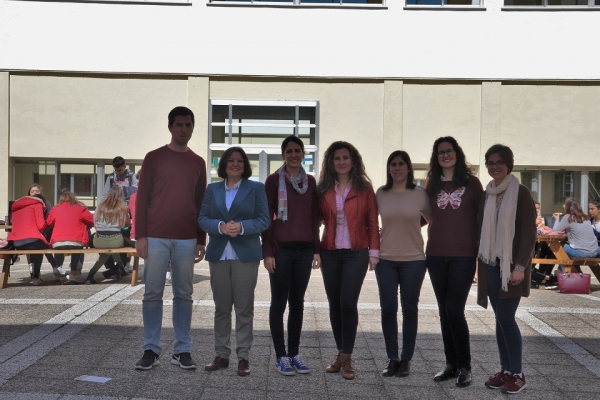Everyone realises that schools are an essential socializing institution. In addition to Literature and Mathematics, at schools students can acquire a whole series of equally important knowledge and skills that have a direct impact on their mental health and that, therefore, form part of their personality.
Aware of the crucial role that schools play in the life and future of young people, the international BOOST project, on which the Laboratory of Studies on Coexistence and Violence Prevention (LAECOVI) at the University of Cordoba is participating, is working on a European programme of social and emotional learning, with the aim of promoting mental health via classrooms.
Through the process of social and emotional learning, the necessary attitudes are acquired to manage emotions, maintain relationships, and deal with difficulties. It is not simply a theoretical concept, but rather a shield that allows youth to defend themselves from bullying, depression, anxiety, and stress, problems that are widespread, but that could be solved by educational centres.
According to one of the project leaders at the UCO, Eva Romera, one of the main keys to the project is that it is aimed at teacher training, so that it is the faculty itself that implements the program on a regular basis, not as a one-off. Compared to other previous projects in which people outside the teaching world offer students lessons, in this case the aim is to enable faculty to understand the student needs that transcend the strictly academic realm. According to previous studies conducted by the LAECOVI, the most important factor for students to feel that their relationships at school aregood, is for faculty to be fair, equitable, and interested in their problems; "the figure of the teacher is essential to students' well-being", emphasised the director of the research laboratory, Rosario Ortega.
Although the details of the program will be specified in the project's upcoming meetings, it will consist of a series of training workshops aimed at teachers during the first three months of the school year so that they implement what they have learned with their Primary students, featuring an age range in which activities designed to promote mental health are particularly effective. Recording the workshops so that they are available in a virtual format is being considered.
The results of the previous research carried out by the LAECOVI within the framework of the project indicate that most teaching staff recognise the need to carry out this type of activity, and detect a certain lack of these skills in students. "The teachers know what they want to do, but they don't know how", underscored another of the study's principal investigators, Olga Gómez Ortiz. Hence, the program does not seek direct training on a specific group of students, but rather for "teachers to incorporate tools that they can put into practice over the course of their teaching careers".
In addition to its collaboration on the design of the programme, the UCO will also be responsible for evaluating its effectiveness in different socio-cultural contexts. To do this, they will apply metrics at the schools before and after the programme is implemented. The LAECOVI director says that, if successful, it will become a European model to promote the mental health of young people and empower them to face the difficulties of the future, right from the classroom.


